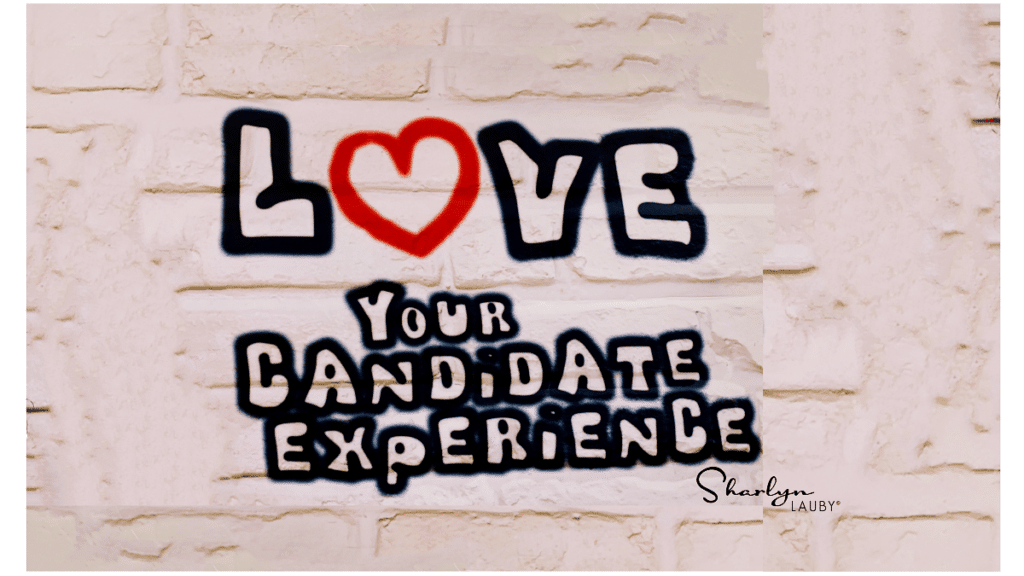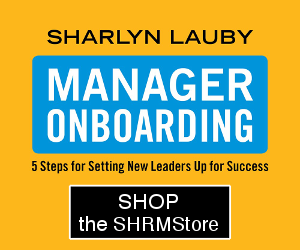Estimated reading time: 3 minutes
I’ve heard a few employees recently discuss how their manager is forcing them to talk about their personal life. Some employees are taking it in stride, but others are developing lies, half-truths, and stories (whatever you want to call it) just to get their manager to stop. You know what I mean, the employee develops a reply so different from what was expected that there’s no further questions.
This isn’t good. Employees shouldn’t be forced to discuss their personal lives. And they shouldn’t feel like they have to concoct stories to get managers to stop. It does make me wonder about the level of trust in the workplace.
It also made me think about questions often asked during interviews or in training like “If you were a tree, what kind of tree would you be?” or “What superhero do you identify with?” or “What dog describes your leadership style?”. These types of questions don’t really have anything to do with the job.
Yep, I get it … they can be considered what some people call “fun icebreakers”. When we’re trying to build relationships, finding things in common can be helpful. But for candidates and employees who are trying to be taken seriously, these types of questions might not help. They have the potential to label people and create bias. For example, what happens when someone in a group says, “Oh, there’s pit bull from our leadership skills training.” Or “Can you believe they like Rocket Raccoon?!” after an interview.
From an interview perspective, there’s no reason to ask non-work-related questions. The purpose of an interview is to figure out if the candidate has the knowledge, skills, and abilities to do the job. What’s your superpower doesn’t tell you what kind of employee someone is or will be. If the reason you’re asking that question is because you want to know what a candidate considers their greatest strength … then ask that question. It’s work related.
I will admit training icebreakers are tougher. They are filled with questions like “What’s the best concert you’ve ever been to?” or “What TV show do you think is overrated?”. While I’ve never received any pushback from these types of icebreaker questions, I am finding that work related icebreakers are generating some nice conversation. Examples include “Have you ever had a mentor?” or interviewing a co-worker about their job.
The purpose of today’s article isn’t to say don’t get to know the people you work with. Because work is better when we have positive working relationships with the people around us. But maybe we need to become more cognizant of how we go about building those work relationships. They might take more time and effort. Since we start by asking candidates work-related interview questions, we might need to give people space and let them share their personal lives on their terms.
That also means being respectful when people do share the personal lives. We all know that there’s divisiveness in today’s society. Some coworkers might feel that the way to stay out of the divisiveness and avoid personal conflict at work is to only talk about the work and limit the amount of personal information they share. I’m not saying that’s right or wrong, but you can see how people might feel that way.
Ultimately, we have to build good working relationships. And if that means giving others their space when it comes to talking about their personal lives, then so be it. Because if you genuinely respect others, it will help you build better working relationships.
Image captured by Sharlyn Lauby at the HR Technology Conference in Las Vegas, NV
50




Resumes By C.G. Edwards says
I enjoy hearing the question, “What department or position did you start your career?” Also, “Have you always worked for the same company?”
Sharlyn Lauby says
Thanks for sharing!